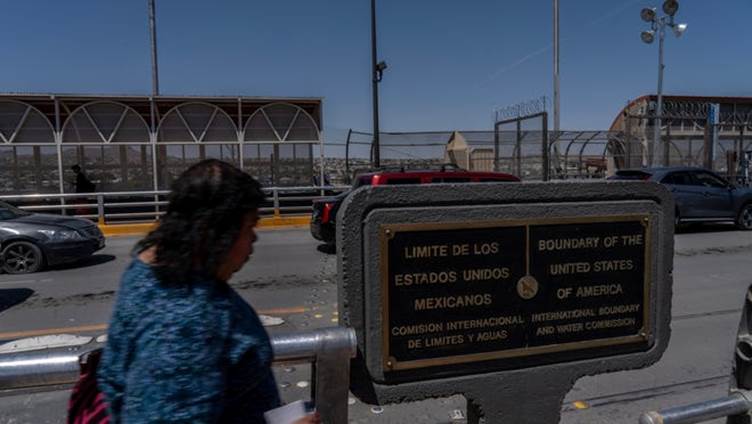Ray Trejo is no stranger to the thrill of hunting along New Mexico’s southern border. This year, he earned a highly sought-after permit to hunt deer, but with the U.S. military now in control of the region, his excitement is mixed with concern. “If I’m out hunting, dressed in camo with a rifle slung across my back, am I going to get shot?” Trejo, who serves as a commissioner in Luna County, asked. “Hunting season is fast approaching, and we need to know where the lines are drawn.”

The Department of Defense has taken charge of an area along the border that’s seven times the size of Manhattan, following President Donald Trump’s declaration of a national emergency over what he called an “invasion” of migrants. This shift transforms the land into a de facto military zone for at least three years, giving federal authorities the power to charge anyone, including U.S. citizens, with trespassing on a military base.
For locals—especially hunters and hikers—this change raises troubling questions. Will they be arrested if they unknowingly wander into the area? Will their right to hunt be respected? And, importantly, how will the Department of Defense handle the preservation of the fragile land and its wildlife?
On May 14, U.S. Senator Martin Heinrich, D-New Mexico, wrote to Secretary of Defense Pete Hegseth, urging clarity on these issues. “These landscapes are not only biologically diverse but also culturally significant. They deserve careful management and clear communication when land use changes,” Heinrich wrote. He asked if hunting would still be allowed within the newly designated National Defense Area (NDA) and, if so, under what conditions. He also inquired about other recreational activities like hiking, camping, and off-roading.
Unfortunately, the Department of Defense hasn’t responded to requests from USA TODAY about the future of access for hunting and hiking. However, the New Mexico Department of Game and Fish notes that hunting is still permitted on certain military reservations, though hunters must secure permission from the military. The specifics for the new military zone remain unclear.
Brandon Wynn, a retired businessman and avid hunter, has navigated the permitting process on military reservations in New Mexico, Arizona, and Colorado. While the process is typically complicated, the new military zone along the southern border is a different challenge. “There’s no process in place for me to even seek permission,” Wynn said. “This means I won’t be able to hunt there at all.”
The region in question, particularly New Mexico’s rugged Bootheel, is vast, with wide-open skies and harsh rocky terrain. It’s an area where hunters and hikers can easily find themselves miles away from help or cell service. Historically, it has been a hotspot for drug smugglers and migrants attempting to cross into the U.S. illegally. Now, a section of the Continental Divide Trail, one of the country’s longest National Scenic Trails, is under military control.
A day after Heinrich’s letter, the U.S. International Boundary and Water Commission withdrew bird-hunting access to a 63-mile stretch of land in Texas, stating it no longer administers the area. This region, near El Paso, had been a popular hunting ground for dove and quail.
The transfer of land from the Department of the Interior to the Department of Defense encompasses 109,651 acres in New Mexico, including parts of Dona Ana, Luna, and Hidalgo counties, along with an additional 2,000 acres of Texas borderland. This region is home to several endangered species, some of which are found nowhere else on Earth, according to Garrett VeneKlasen, conservation director for the New Mexico Wilderness Alliance.
While some locals are wary of the military’s presence, others welcome it. Ranchers, for example, have historically used land now under military control for cattle grazing, though ongoing drought conditions have made ranching increasingly difficult. “Most ranchers here support Trump’s actions,” said Stephen Wilmeth, a rancher in Dona Ana County. “At least there’s some relief.”
VeneKlasen, like Trejo, also holds a hunting permit for the southern border. He plans to hunt Coues deer, a species found only in the desert Southwest. “For a big guy like me, I’m sure there will be restrictions,” he said. “But I’m worried about my friends, too. Can you imagine being out there in camo with a gun, in an area where an agency’s been given free rein, and the potential for someone with a darker skin tone to be shot? That’s terrifying.”
For Trejo, this uncertainty adds an uncomfortable layer to what should be a celebratory season. “When I get a hunting tag, I’m thrilled—it’s a privilege,” Trejo said. But now, as the landscape shifts under military control, he finds himself questioning whether he’ll be able to safely pursue his passion. “We need to know where the lines are drawn.”



